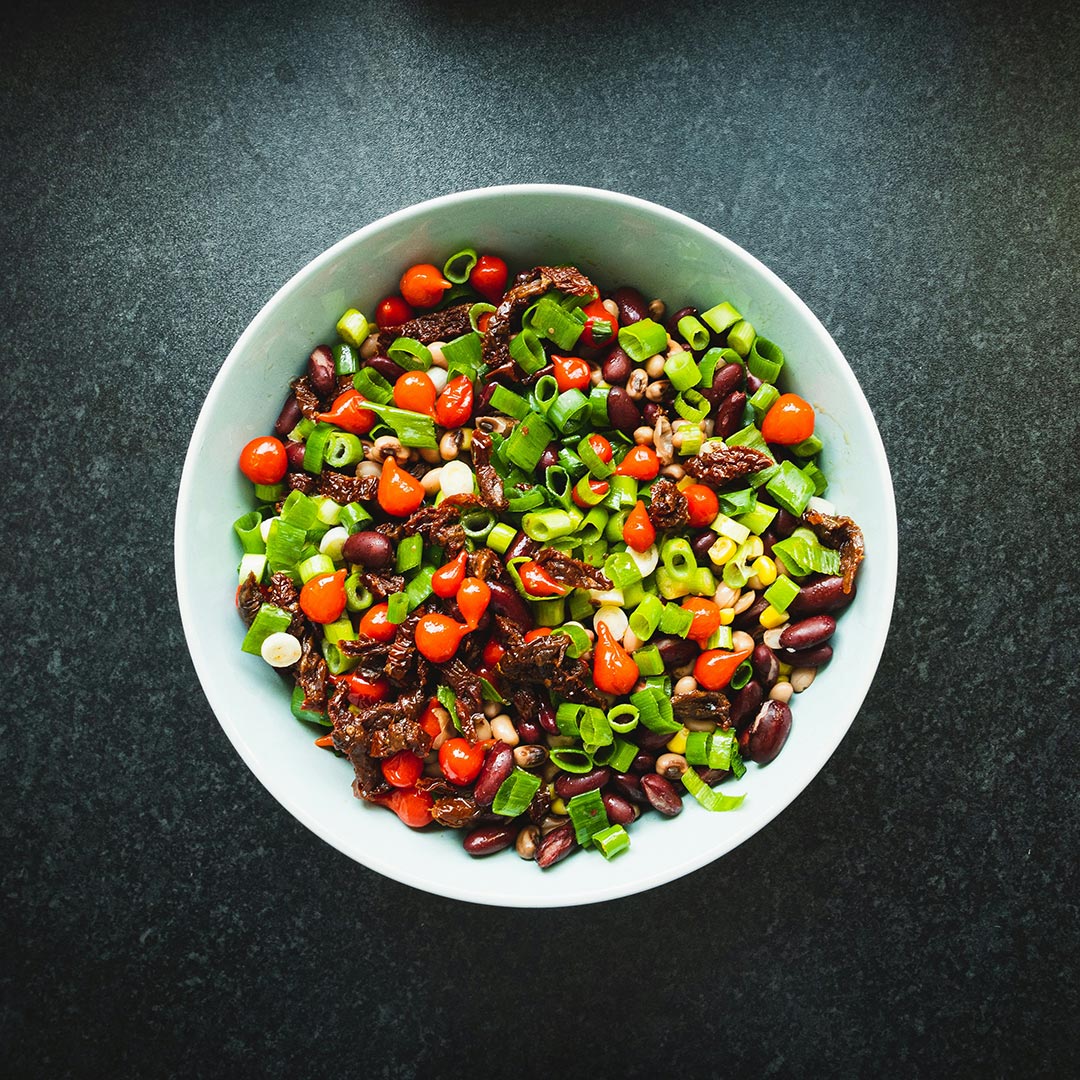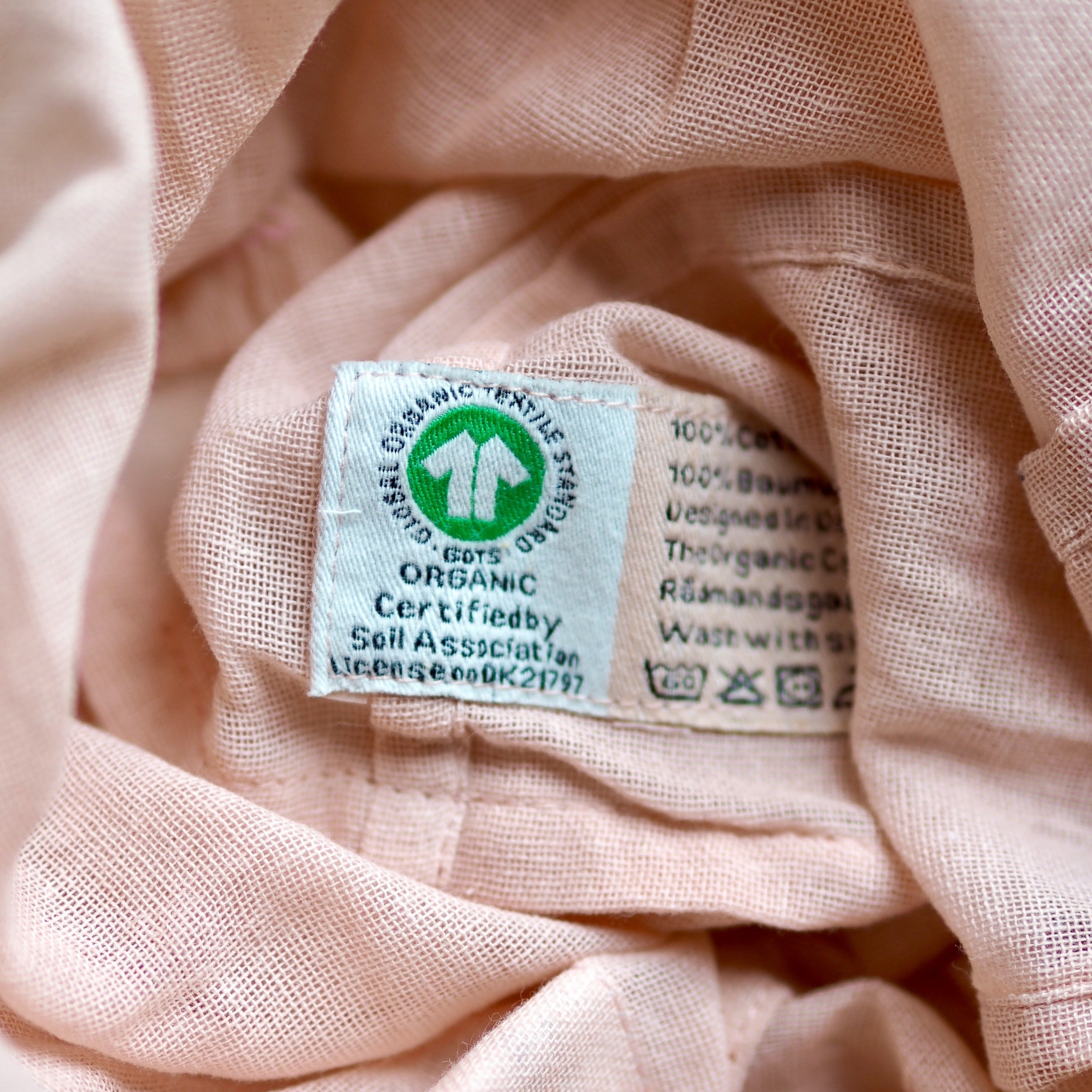Sustainable Eating: Top Tips to Reduce Your Environmental Impact

Eating responsibly isn't just about choosing healthy foods for ourselves; it's also about making choices that are good for the planet. Our food choices can significantly impact the environment, from the carbon footprint of production to waste management. Here are some easy-to-follow, practical tips to help you eat responsibly and reduce your environmental impact.
Green Eating Habits: Tips for a More Sustainable Diet

Choose local and seasonal foods
Buying local not only supports your community's economy but also reduces the carbon footprint associated with transporting food long distances. Visit farmers' markets or look for local produce in your grocery store. Eating seasonally means your food will often taste better, too! Plus, it encourages a varied diet as you adapt to what's available throughout the year.
Reduce meat and dairy consumption

If you’re a meat-eater, embracing plant-based meals a few times a week and cutting out dairy can have a big impact on your health and the environment. The production of meat and dairy is resource-intensive and contributes significantly to greenhouse gas emissions. Did you know that the livestock sector contributes about 14.5% of global greenhouse gas emissions, which is more than all the world's cars, planes, and trains combined! Producing just 1 kilogram of beef creates around 27 kilograms of CO2 emissions and uses up about 15,415 litres of water. In contrast, producing 1 kilogram of lentils only creates 0.9 kilograms of CO2 emissions and uses much less water. Try incorporating more plant-based meals into your diet with options like beans, lentils, tofu, and a variety of vegetables.
Minimize food waste

Meal planning is a great way to reduce food waste in your home. Planning your meals for the week ahead will help you to buy only what you need. Make a note of use-by dates and incorporate these into your daily meal choices to help ensure nothing ends up being forgotten.
Making a shopping list and sticking to it when you get to the grocery store is essential too. There are many dishes like curries, stews and soups that can be made in larger batches and frozen for future use or eaten throughout the week. Batch cooking can not only save you time and money, but also reduces waste and energy consumption associated with cooking.
Don’t forget that leftover vegetables can be added to soups or stir-fries, and fruit that's past its prime can be used in smoothies or baking.
Store food properly
Proper storage can extend the life of your food. Learn the best ways to store fruits, vegetables, and other perishables to keep them fresh longer. Many items do best kept in the fridge in an air tight container.
Vegetables such as broccoli can last far longer if you keep the stems in water. For items such as onions, if you find they are perishing before you get the chance to use them, you can dice them and freeze instead- using only what you need as and when. For other vegetables, blanch them and refresh in cold water before you freeze them.
Choose sustainable seafood
When buying seafood, look for certifications like the Marine Stewardship Council (MSC) or Aquaculture Stewardship Council (ASC). These labels indicate the seafood has been sourced responsibly and sustainably. Overfishing of popular species like tuna and salmon is a serious issue, so try diversifying your seafood choices by opting for less common but equally tasty options like mackerel or sardines, which are often more sustainable. Where possible, try to buy your fish fresh rather than tinned. The tins and cans used for tinned fish typically contain a lining made with Bisphenol-A (BPA). This is a chemical found in can linings as well as many plastic items. Studies have shown BPA to be an endocrine disruptor that can lead to certain health conditions where high levels of exposure has occurred.
Reduce packaging waste

The world generates approximately 400 million tons of plastic waste annually, with around 40% used for packaging (mostly single use), only 9% ever recycled, and packaging waste comprising about 30% of all municipal solid waste. We can all reduce our packaging waste by making careful choices about what we buy and how we shop for food. Practices such as buying in bulk reduces the amount of packaging waste you produce and opting for goods packaged in biodegradable packaging versus tins or plastic is much kinder to the environment. Bringing your own containers to stores that offer bulk bins for grains, nuts, spices, and other dry goods is the best option all round as you can buy exactly what you need and without the need to throw anything away.
Grow your own food
If you’re lucky enough to have some outside space, start a garden. Growing your own vegetables, herbs, and fruits can be incredibly rewarding and reduces the environmental impact associated with transporting and packaging food.
Growing your own food is possible even if you only have a balcony or no garden at all. Container gardening is an excellent option, where you can use pots, containers, or repurposed items like buckets and tubs to grow plants. Herbs like basil, parsley, and mint, as well as vegetables like tomatoes, peppers, and lettuce, thrive in containers.
Vertical gardening helps maximize space by growing plants upwards with wall planters, trellises, and shelves, perfect for climbing plants like beans and peas. Window boxes attached to railings or windowsills are great for compact vegetables and herbs, while hydroponics allows you to grow plants without soil using nutrient-rich water in small spaces.
For those with no outdoor space, indoor gardening with grow lights is a viable solution for herbs and leafy greens. Micro greens can be grown quickly in shallow trays filled with soil or hydroponic mediums, and sunny window ledges are perfect for small pots of herbs and succulents. Additionally, community gardens offer a chance to rent or share plots with others. By utilizing these methods, you can successfully grow your own food even in limited spaces, making the most of every inch available.
Support sustainable brands
Take the time to research and support brands committed to sustainability. Look for companies that prioritise ethical sourcing, minimal packaging, and environmentally friendly practices. Most companies following sustainable practices will make it clear in their labelling and advertising. Remember that every purchase you make is a vote for the kind of world you want to live in. Supporting sustainable brands encourages more companies to adopt environmentally friendly practices.
We’d love to hear your thoughts on this month’s blog post. A few years ago, we interviewed Hannah Husband who leads a zero-waste lifestyle. She shared some great tips on reducing waste in relation to purchasing food and cooking. If you’d like to know more, click here - Hannah Husband Zero-Waste lifestyle
You can get in touch with us any time on social media or by email.
Follow us on Facebook and Instagram to stay up to date with the latest in eco-friendly, organic and ethical fashion from Vino Supraja.



